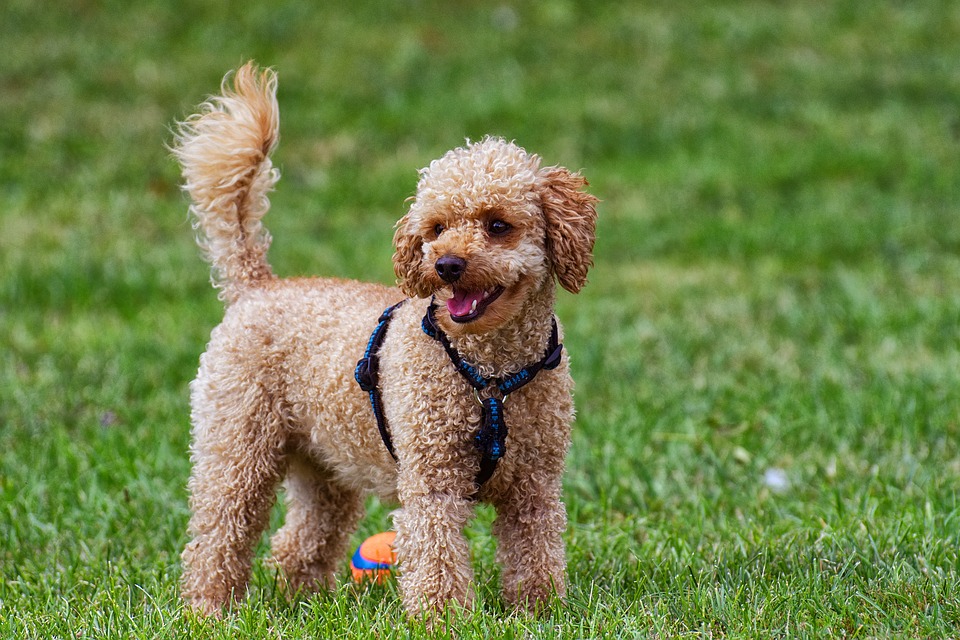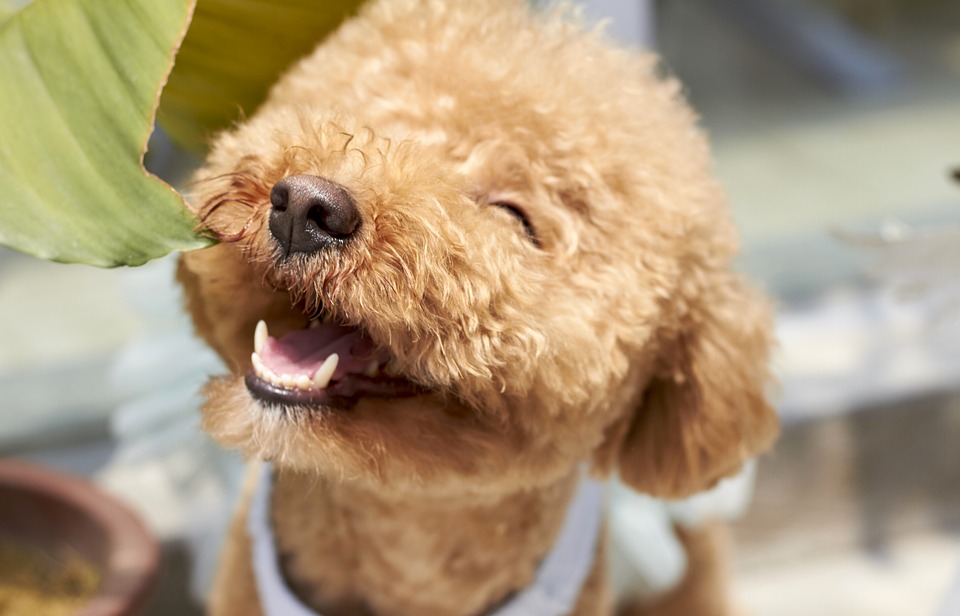The Poodle
Vital Stats of Poodles
The following are vital stats of Poodles:
- Dog breed group: Non-Sporting
- Height: Standard over 15 inches tall at the shoulder; Miniature over 10 but under 15 inches; Toy 10 inches or under
- Weight: Standard 40 to 55 pounds; Miniature 12 to 15 pounds; Toy 5 to 10 pounds
- Lifespan: 14 to 18 years
Physical Characteristics of Poodles
The Poodle breed originates from the working retriever breed. The body type of a Poodle is a reflection of its athletic root. The square proportioned Poodle has a graceful appearance and a proud carriage.
This breed’s gait is springy, effortless and light. The coat is dense, curly and harsh; if corded, it hangs tight. Traditionally, the clips (or hair styles) were for ornamental and functional purposes. The following are the types of acceptable clips for Show Poodles:
- Puppy
- Continental
- English saddle
- Sporting
Care for Poodles

This breed requires plenty of socialization and interaction with humans, as well as physical and mental exercise. A short and challenging play or obedience session, in addition to a walk, is necessary everyday. However, avoid letting Poodles live outdoors. Standard Poodles require more physical activities (e.g. they love swimming).
While Show Poodles require daily hair brushing, those with shorter coats require only a weekly brushing. During shedding, a Poodle’s hair does not fall. However, the adjoining hair can trap it, which can result in matting. Therefore, it requires removal at all costs. You can do this by taking your Poodle for a pet clip (or haircut) every four to six weeks.
Health of Poodles
Specifically, for the Miniature Poodle breed, they are more prone to minor problems such as the following:
- Trichiasis
- Entropion
- Distichiasis
- Cataract
- Glaucoma
- Lacrimal duct atresia
Major concerns for Miniature Poodles include the following:
- Progressive retinal atrophy (PRA)
- Epilepsy
- Legg Perthes disease
- Patellar luxation
- Urinary stones
For the Standard Poodle breed, they may suffer from serious conditions such as the following:
- Gastric torsion
- Addison’s disease
- Sebaceous adenitis
Minor problems for Standard Poodles include the following:
- Distichiasis
- Entropion
- Epilipsy
- Cataract
- Canine hip dysplasia (CHD)
History of Poodles

Many believe that Poodles originate from Germany. In Germany, they were called Pudel, which means “splash in the water,” a reference to their work as water retrievers. The exaggerated show cut you see today began as a practical way to keep the dog’s joints and torso warm in cold water.
Of the three Poodle varieties, the Standard Poodle is the oldest. The Miniature and Toy breeds were created by selecting for smaller size. They, too, were working dogs. It is said that Miniatures have sniffed out truffles, a type of edible mushroom that grows underground. Toys and Miniatures were also popular circus dogs because of their intelligence, love of performing and ability to learn tricks.
While this breed became popular in England and Spain, they were adored in France. King Louis XVI was besotted with Toy Poodles and the breed became thought of as France’s national dog. In France is where this breed achieved status as companions, and Poodles still enjoy that status today. Poodles are beloved around the world and are consistently ranked among the most popular dog breeds. Of the three sizes, the Miniature is the most popular today. Among the breeds registered by the American Kennel Club, the three varieties together are ranked ninth in popularity.
For more information on the Poodle or other dog breeds, don’t hesitate to contact us here at All Pets Veterinary Medical Center with the link below!
















